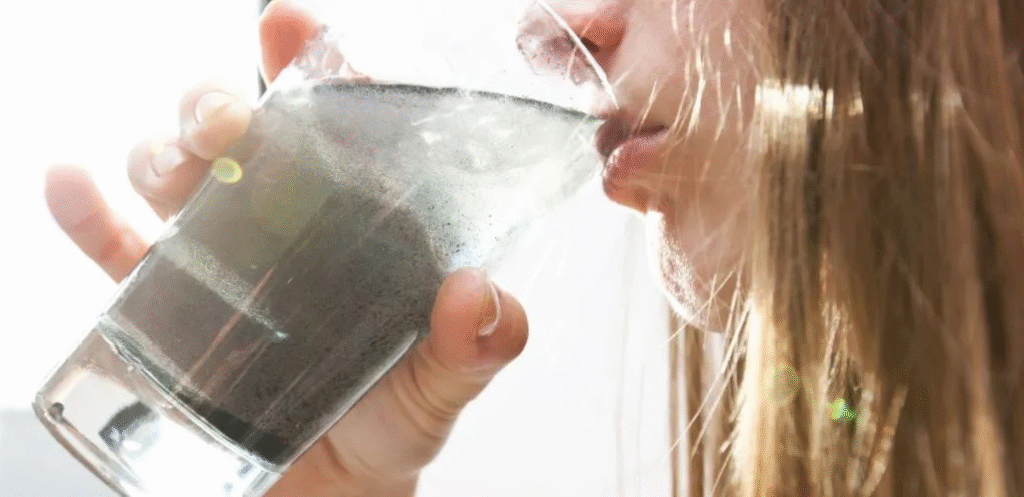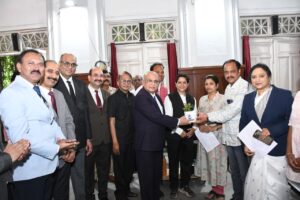Unseasonal May Rains Trigger Surge in Waterborne Illnesses Across Pune

Unseasonal May Rains Trigger Surge in Waterborne Illnesses Across Pune
Pune has been grappling with a sharp uptick in waterborne diseases following unexpected and intense rainfall in May—well ahead of the traditional monsoon season. The sudden downpours have disrupted water supply systems, leading to contamination and posing serious health risks to citizens. The city’s Health Department has been on alert since the beginning of May, responding to the rise in cases with preventive campaigns and free treatment at municipal health centers.
According to the latest data released by the Pune Municipal Corporation (PMC), a total of 5,617 cases of waterborne diseases were reported from January to May 2025. Of these, acute diarrhoea remains the most prevalent, accounting for 4,292 cases. Other illnesses reported include 974 cases of diarrhoea, 102 cases of amoebiasis, 95 of gastroenteritis, 86 of typhoid, 66 of jaundice, and 2 cases of leptospirosis. Notably, no cases of cholera have been documented so far this year.
Health officials attribute this early spike in infections to multiple factors. The most pressing concern is contamination of the drinking water supply during rainfall, compounded by poor food hygiene practices. “We’re seeing an increase in stomach infections because rainwater seeps into pipelines, and many still consume food exposed to open air, which attracts flies and bacteria,” explained a PMC health officer.
To help curb the spread of these illnesses, the Health Department is urging residents to adopt safer hygiene practices and be cautious about food and water consumption. Here are the key precautions recommended:
Drink only water supplied by the municipal system that is designated as safe for consumption.
Avoid using water from open sources like wells, borewells, or canals unless it is thoroughly purified.
Refrain from eating stale food or food exposed to flies.
Wash hands thoroughly with soap before eating and after using the restroom.
Always boil water for at least 20 minutes, let it cool, and filter it before drinking.
Clean water storage containers at home at least once a week.
Civic clinics are offering free treatment for all waterborne ailments, and health workers have been deployed across the city to spread awareness, especially in vulnerable areas.
Residents are being strongly encouraged to seek medical help if they notice symptoms such as vomiting, loose stools, abdominal pain, or high fever. Early diagnosis and treatment can prevent complications and help contain the spread within communities.












